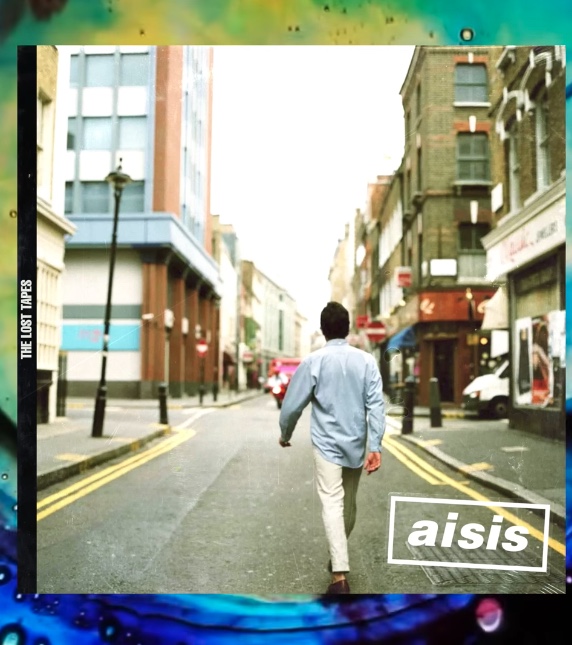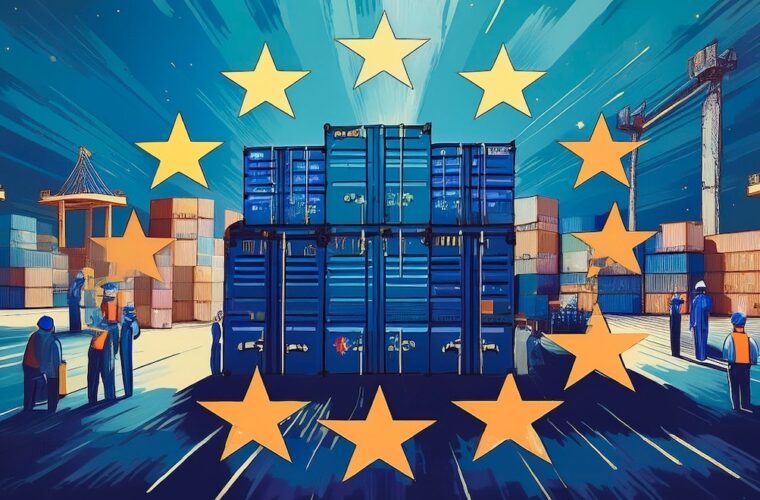A (real) band has come up with the idea of creating Oasis hits that have never been released. And the result is better than you can imagine
AI rock band: A few years ago, a project by Sony’s CSL Research Lab resulted in a song composed by artificial intelligence: Daddy’s Car. Deliberately inspired by Beatles tunes, the content creation potential of Artificial Intelligence could already be understood seven years ago. These days, when we all hear about copyright law and how it will be possible to distinguish photos and videos made by software rather than a human being, a group of guys decided to make things even more complex. A British band used artificial intelligence to imagine what Oasis might sound like if they were to reform and release a new album in 2023.
The band, called Breezer, released an eight-track album – ‘AISIS’ (i.e. AI + an Oasis part) – adding an AI-generated version of Liam Gallagher’s voice. The project’s creators tried to imagine what the band might sound like today if they were to reform and release new music. Breezer created each track on the AISIS album during the 2021 lockdown. Describing the project as a ‘concept album in an alternate reality’, the members of Breezer explained how they came up with the idea after getting tired of waiting for the Gallagher brothers’ band to reunite. “We’re tired of waiting for Oasis to reform, so we have a Liam created by artificial intelligence.
It seemed to be a perfect match, and we love the way some of these elements were made. We’re also going to release a second album. We enjoyed convincing our friends that these are lost Oasis songs,’ the band concluded, ‘and we suggest you try to do the same. An overdub of an imaginary Liam Gallagher as we know him from albums such as (What’s the Story) Morning Glory, and Be Here Now from existing music, lyrics and production.

How to create music with AI
Beyond the legal aspects of producing multimedia content using an AI that fishes within real databases, anyone can create music by exploiting the potential of algorithms. For example, MuseNet, a software created by OpenAI (the same as ChatGPT), can produce songs using up to ten musical instruments for up to 15 styles. Its ability to imitate famous contemporary master composers such as Mozart makes it unique. But the most famous platform is Aiva, which is also free. This allows you to upload a song that ‘teaches’ the AI the musical genre is based on. From there, you can start to add other instruments, tracks and even vocals. The profile generates songs with no copyright, a bureaucratically still unregulated field which will soon have to find its place within the global legislative scenario.
Even bits have a heart
Surely, this umpteenth example confronts us with a necessity: to have more tools to distinguish what is true from what is false, if we can put it that way, in the sense made by an AI. But it also raises an ethical question: can what is created by AI be considered ‘false’? And why? In musical art, we know that few artists in history have invented something new. Every genre has its reference points, with artists inspired by this or that band. If a man does it, is it ‘inspiration’, whereas if an AI creates the track, is it plagiarism or ‘theft’?
That seems more unfair than thinking. So we need a change of pace that is also cultural, not just technical or regulatory: consider that, in the world, there are no longer only human beings or animals of all species and types, but also computerized systems that, if properly trained, can create new entertainment material, with the same dignity as a human work. If not, often, better. We conclude with one last case: a few days ago, a photo recreated by an AI won first place in one of the Sony World Photography Awards categories. Before the author, German photographer Boris Eldagsen explained the artifice, no one had noticed this ‘deception’, which deception it is not. Just a different way of expressing beauty and feelings, which come from a heart made of bits, not flesh and blood.



